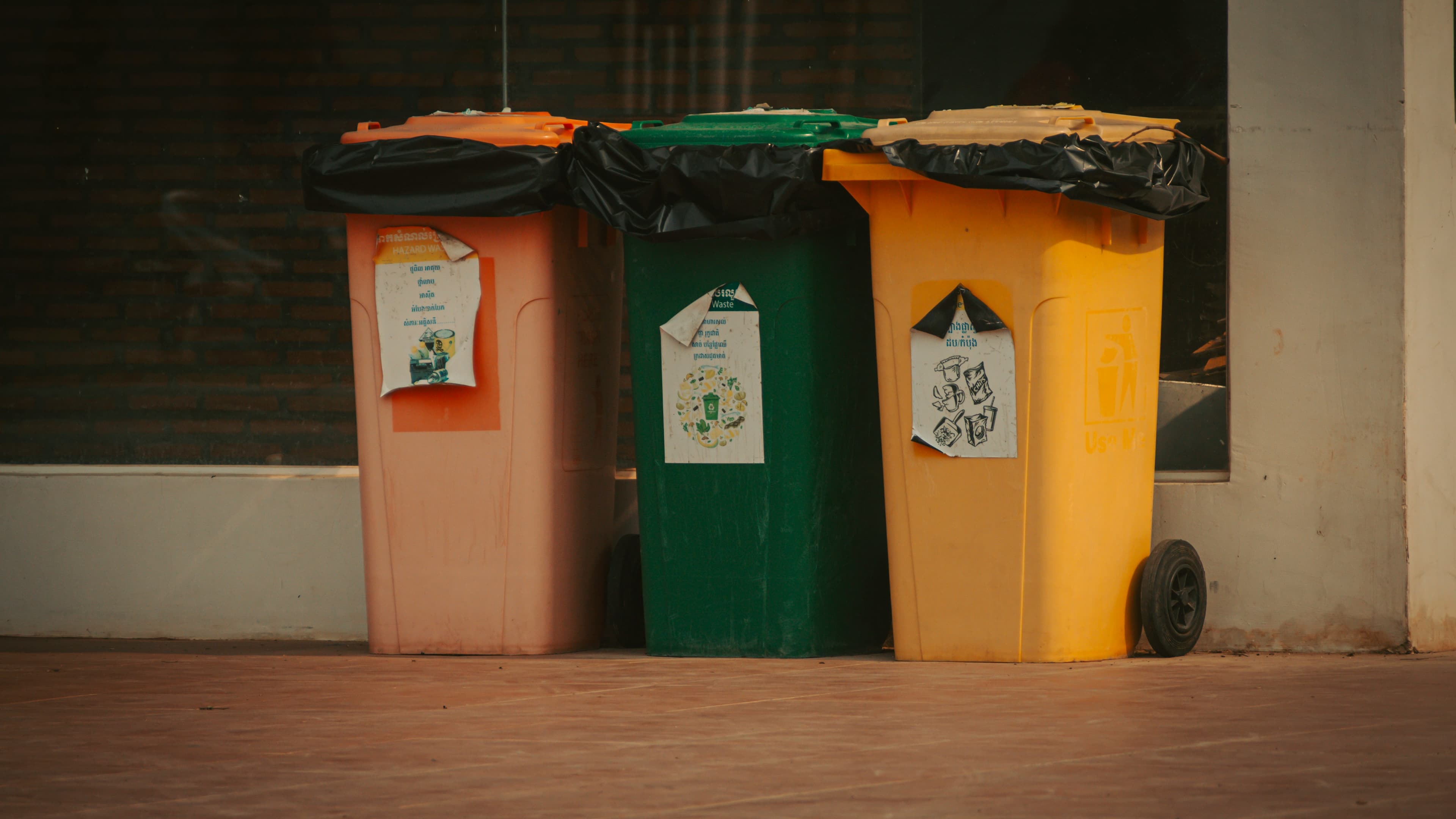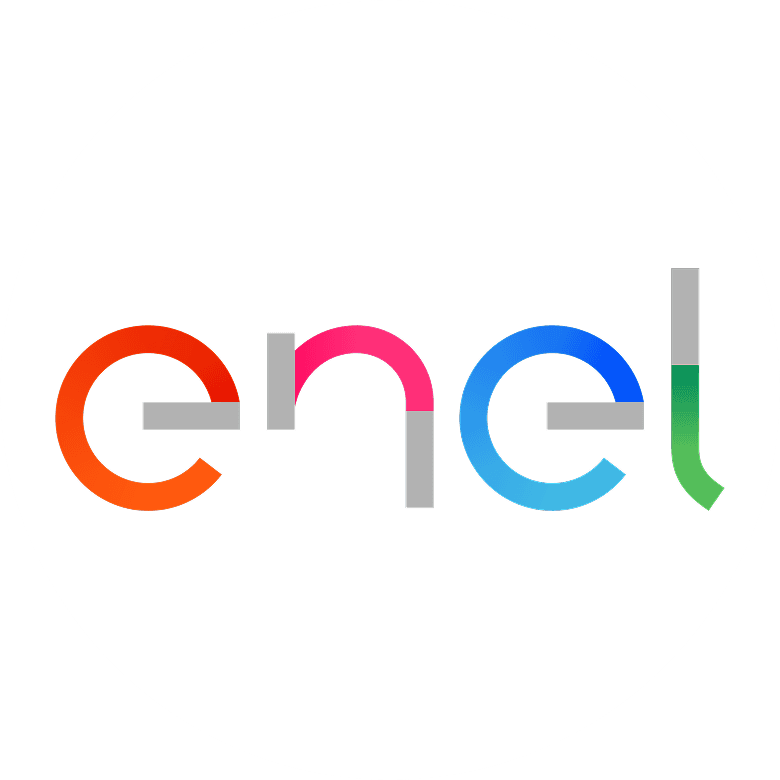
Reward recycling with bonuses on energy bills
 Enel
EnelSummary
Rewards customers for recycling, reducing waste and emissions, raising environmental awareness, and supporting community and sustainable practices.
Context
Enel faces several decarbonization challenges, including phasing out legacy fossil-fuel plants (especially coal and gas), managing intermittency and flexibility needs as renewables expand, securing timely permits and investments, addressing scope-3 value-chain emissions, and ensuring a just transition for workers and communities. To tackle these, Enel has set a target of net-zero emissions across Scopes 1, 2, and 3 by 2040, validated by the Science Based Targets initiative. Its strategy centers on rapidly phasing out coal by 2027 and all fossil generation by 2040, massively scaling renewables and storage, modernizing and digitalizing grids to integrate variable sources, promoting electrification of demand through customer solutions, engaging suppliers on sustainability, and supporting social initiatives to ensure fairness in the transition—all while prioritizing financial discipline to sustain long-term investments.
The Brazilian energy sector faces the challenge of supporting the energy transition, and Enel stands out not only for its investment in 100% renewable generation and its commitment to achieving net-zero emissions by 2040, but also for engaging its customers in more sustainable practices. In this context, Ecoenel stands out by combining innovation, sustainability, and social engagement, aligning itself with the principles of the National Solid Waste Program and the UN Sustainable Development Goals. The program emerges to encourage conscious consumption, promote solid waste recycling, and generate a positive social impact while contributing to energy efficiency, the circular economy, and the reduction of emissions associated with the life cycle and production of materials.
Location of the initiative (region, country, city): Brazil, São Paulo, Rio de Jainero and Ceará
Solution
Ecoenel is a reverse logistics program that allows Enel customers to take their recyclable waste to fixed or mobile recycling centers located throughout the company's concession areas in the states of São Paulo, Ceará, and Rio de Janeiro. This collected waste is weighed and converted into bonuses, credited directly to the customer's energy bill. The customer also has the option of donating the bonus to registered charities. The program strengthens the circular economy and creates environmental, economic, and social value.

Ecoenel centre
This initiative encourages customers to bring materials like paper, plastic, glass, and metal to collection points in exchange for rewards such as bill discounts or vouchers, reducing landfill waste and associated greenhouse gas emissions. Key steps include defining environmental targets and target communities, establishing collection channels (fixed points, mobile units, or retail take-back), engaging partners such as recyclers, logistics providers, and local NGOs, designing an incentive system linked to participation, and building digital or low-tech tracking tools to monitor collections and impact. Community education ensures proper sorting, while pilot programs allow testing and refinement before scaling. The initiative has successfully collected 167,905 tons of recyclables, involved more than 15,000 beneficiaries and promoted social inclusion, demonstrating a practical model for companies to reduce emissions and foster circular economy practices.

Customers depositing waste at Ecoenel centre
Econel strengthens the circular economy and creates environmental, economic, and social value. The program's main stages include:
Customer and community engagement – Enel publishes announcements on various channels (press, website, social media) about collection points and accepted materials.
Waste delivery – Materials must be clean and separated by type, such as paper, plastic, PET, metal, glass, electronics and used vegetable oil.
Conversion into bonuses – The waste is weighed, and the customer receives a proportional discount on their energy bill.
Proper disposal – Partner cooperatives ensure the recycling and correct disposal of collected waste.
Social Impact – The customer has the option of donating the bonus received to a social institution.
Impact
Sustainability impact
Climate
The recycling incentive initiative primarily targets Scope 3 emissions, specifically those associated with the life cycle of materials that would otherwise end up in landfills.
Includes Scope 3, Category 5 (Waste Generated in Operations) and Category 2 (Capital Goods) when considering materials and infrastructure used for program implementation.
The initiative can contribute to Scope 2 emissions reduction by lowering the energy demand associated with producing virgin materials.
While precise absolute GHG reductions depend on program scale, pilot results suggest that diverting 167,905 tons of recyclables can avoid 116,684 tons of CO₂-equivalent emissions.
Nature
Reduces landfills, preventing soil and water contamination.
Supports circular material flows, keeping plastics, metals, and other potentially polluting materials out of ecosystems.
Contributes to environmental protection, reduces pressure on natural resource extraction, and promotes sustainable management of inputs.
Combines GHG reduction and biodiversity preservation, positioning the Ecoenel program as effective for both climate mitigation and environmental conservation.
Social
Provides direct economic benefits by allowing participants to reduce their electricity bills through the delivery of recyclable materials, especially benefiting low-income households.
Raises awareness about recycling and the broader environmental impact of individual actions, encouraging sustainable practices in everyday life.
Supports social causes by enabling the donation of collected bonuses to institutions, creating additional community benefits.
Fosters a sense of collective responsibility among participants.
Combines financial incentives, education, and social engagement to promote both individual and community well-being.
Business impact
Benefits
In addition to its environmental and social impact, Econel brings several benefits to the business, such as:
Reputation and engagement – strengthens the company's image as a reference in sustainability and circular economy.
Customer relationship – It increases trust and generates public engagement by associating recycling and sustainability with real and tangible benefits, such as household savings through discounts on electricity bills.
Employee involvement – generates internal connection, showing that the program's operation contributes to visible positive impacts.
Operational efficiency – reduces pressure on waste management and improves integration with public policies, meeting the National Solid Waste Program.
Costs
Impact on operating costs: The Ecoenel program in Brazil combines operating expenses, initial investments, and subsidies to create a financially sustainable recycling-for-incentives initiative. Operating costs cover the establishment and maintenance of collection points, logistics, and processing of recyclables, while investments are needed for infrastructure, digital tracking platforms, and community outreach. The program benefits from support through the Energy Efficiency Program of ANEEL (Agência Nacional de Energia Elétrica) and other national or international funding opportunities. Costs are influenced by factors such as the density of collection points, logistics efficiency, proximity to recycling facilities, and community engagement. To minimize costs and maximize benefits, the program leverages partnerships with local governments, NGOs, and companies, integrates technology for streamlined tracking and communication, involves communities to boost participation, and pilots projects before scaling to optimize resource allocation.
Investment required: Enel invested € 5 M in the project from 2019 to 2024, and the project has an annual investment of approximately € 715,4 k
Eventual subsidies used: Mainly Energy Efficiency Program and partnerships
Implementation
Typical business profile
Ecoenel is a model that can be replicated by other energy and water utilities, as well as public agencies. Its simple structure, combined with tangible benefits for customers and the environment, allows it to be adapted to different contexts. Enel Ceará, a pioneer in the project, has already inspired the implementation of similar initiatives in other energy distributors in Brazil. Ecoenel's success is not limited to the states where Enel operates. The program has the potential to be expanded nationwide, thanks to its modular structure and ease of replication. Enel has already established strategic partnerships with supermarket chains, for example, which provide space in their parking lots for the installation of recycling points. Furthermore, the program has been presented at international forums and events as a success story in sustainability and innovation.
Approach
Planning & Assessment
Define objectives, scope, and target communities.
Assess local recycling infrastructure, billing systems, and regulatory feasibility.
Program Design
Select incentive model: bill credits, vouchers, or loyalty points.
Choose collection approach: fixed ecopoints, mobile units, or retail take-back.
Establish partnerships with recyclers, logistics providers, and local authorities.
System Setup
Implement a digital or hybrid system to record transactions, integrate with billing, and provide transparency.
Ensure low-tech alternatives for underserved areas.
Pilot Phase
Launch a pilot in a limited geography to test mechanics and gather feedback.
Scaling & Community Engagement
Scale the program based on pilot results.
Support with community engagement, education, and clear communication.
Monitoring & Evaluation
Conduct ongoing monitoring, verification, and fraud prevention.
Perform regular evaluation to refine incentives, logistics, and outreach.
Long-Term Success Factors
Transparent reporting of environmental and social outcomes.
Ensure financial sustainability through recycling revenues or co-funding.
Maintain adaptability to local contexts, emphasizing incentives, convenience, digital tools, or community partnerships as needed.
Stakeholders involved
The Ecoenel program was made possible by a collaboration between several key stakeholders across functions and geographies:
Project leaders came from the sustainability teams, who designed the program and coordinated its integration with the company's energy billing system.
Functions such as operations and logistics were outsourced to companies contracted through a competitive bidding process, which managed the installation of recycling points and mobile collection units, contracts with recyclers and equipment suppliers, application development, and data monitoring tools.
Enel's communications department conducted outreach and awareness campaigns for Enel customers.
Other stakeholders—suppliers, municipalities, NGOs, and especially customers—played a central role: municipalities and community associations provided support and local access, while customers actively participated by bringing recyclable materials and benefiting from bill discounts, creating a cycle in which environmental, social, and economic values aligned.
This coordinated effort between Enel's internal functions, external partners, and local communities ensured the program's effectiveness and scalability.
Key parameters to consider
Builds on a mature practice (recycling-for-incentives) with innovative elements like bill integration and mobile collection.
Implementation timeline: Several months to launch.
Duration: Can run long-term if financially sustainable and well-integrated into operations.
Key pre-requisites:
Ability to link incentives to billing or loyalty systems.
Reliable recycling and logistics partners.
Digital or low-tech tools for tracking.
Strong customer communication.
Geographical fit: Greatest in urban areas with low recycling rates.
Regulatory considerations: Frameworks (e.g., billing credits, Extended Producer Responsibility) may enable or block rollout.
Financial and strategic support: Subsidies, co-funding, and alignment with sustainability targets.
Potential benefits: Scalability and positive social impact.
Implementation and operations tips
Main challenges:
Regulatory barriers (e.g., restrictions on offering bill credits).
Ensuring reliable partnerships with recyclers and logistics providers.
Managing contamination of recyclable materials.
Keeping the program financially sustainable while offering attractive incentives.
Ways to overcome challenges:
Engage early with regulators to design compliant incentive mechanisms.
Select and contract certified partners carefully.
Invest in customer education to reduce contamination.
Secure co-funding or subsidies to balance costs.
Enablers of success:
Strong community engagement through:
Transparent communication.
Visible social and environmental benefits.
Accessible collection options (fixed points, mobile units, retail outlet partnerships).
Long-term success factors:
Continuous monitoring and reporting of results.
Periodic program refinements.
Alignment with broader corporate sustainability and circular economy goals.
Scalability built into the design from the start.